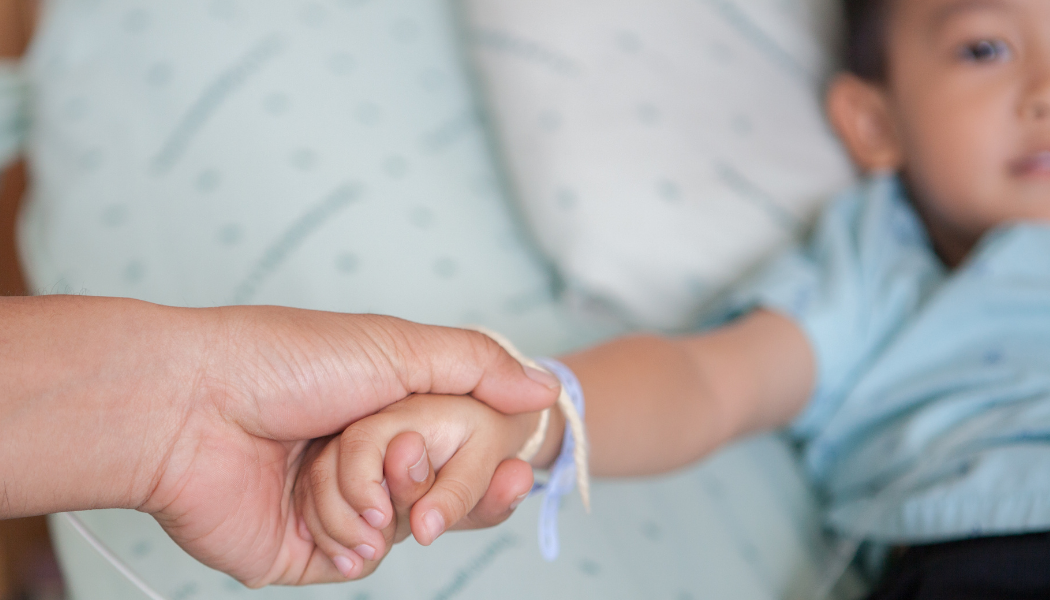New Treatment Boosts Survival in Kids with Neuroblastoma

About Neuroblastoma
Neuroblastoma is cancer that begins in immature nerve cells and primarily affects the brain of babies and children younger than five years old. Each year, about 800 children in the United States are diagnosed with neuroblastoma. More than half of these diagnoses in children are discovered after the cancer spreads and becomes high risk.
Once the cancer has spread, medical professionals must take aggressive measures. Traditionally, treatment starts with high-dose chemotherapy followed by surgery to remove any remaining tumors. Patients then undergo additional chemo, followed by a stem cell transplant to rebuild the immune system, and conclude with radiation.
New Neuroblastoma Treatment in Clinical Trials
Recently, doctors have introduced another drug into the regime – Dinutuximab. This drug latches onto proteins on the surface of many neuroblastoma cells. This new treatment hopes to boost the child’s immune response to cancer cells that have survived the treatment. A third of patients treated with Dinutuximab were recurrence-free two years after treatment compared to 46% of those who received standard treatment alone.
In this December 2021 study, however, researchers explored how a dose of a similar drug administered earlier might impact treatment outcomes. The team led a clinical trial that found a significant increase in survival rates, with 74% of children recurrence-free two years later. This experimental antibody shares similarities with Dinutuximab, but it was built specifically to limit pain, which was a significant side effect of similar treatments.
Children’s Oncology Group will lead the series of trials to test this approach in newly diagnosed children. If approved, chemoimmunotherapy would become the standard therapy and significantly improve chances of curing high-risk neuroblastoma.
Improving Brain Cancer Survival
This new treatment trial highlights brain cancer treatment’s tremendous leaps and bounds. Families and patients with a once tragic diagnosis can now feel hopeful as new options continue to emerge. The National Foundation for Cancer Research (NFCR) helps accelerate these types of game-changing discoveries through GBM AGILE, a revolutionary clinical trial platform designed for patients battling the deadliest brain cancer, glioblastoma.
As a founding member of GBM AGILE, NFCR has taken a leading role in this unprecedented global effort. With help from our generous supporters, rapid progress is happening. New trial sites are opening in the United States and worldwide, and patients are being enrolled and receiving the most promising treatments. Learn more about GBM AGILE or make a donation today to support this impactful initiative.
Additional Reads You May Enjoy:
Pediatric Cancer Facts and the Need for Improved Treatment
GBM AGILE – Changing the Way We Fight Brain Cancer
Stay connected with us! Receive our monthly e-newsletter and blogs featuring stories of inspiration, support resources, cancer prevention tips and more. Sign up here.
Related Video:
A world without cancer is possible. Help us turn lab breakthroughs into life-saving realities.

5.7 Million+
Donors who have fueled NFCR’s mission

$420 Million+
Invested in high-impact research & programs

36+ Labs & Hundreds of
Nobel Laureates & Key Scientists received NFCR funding, driving breakthrough research












